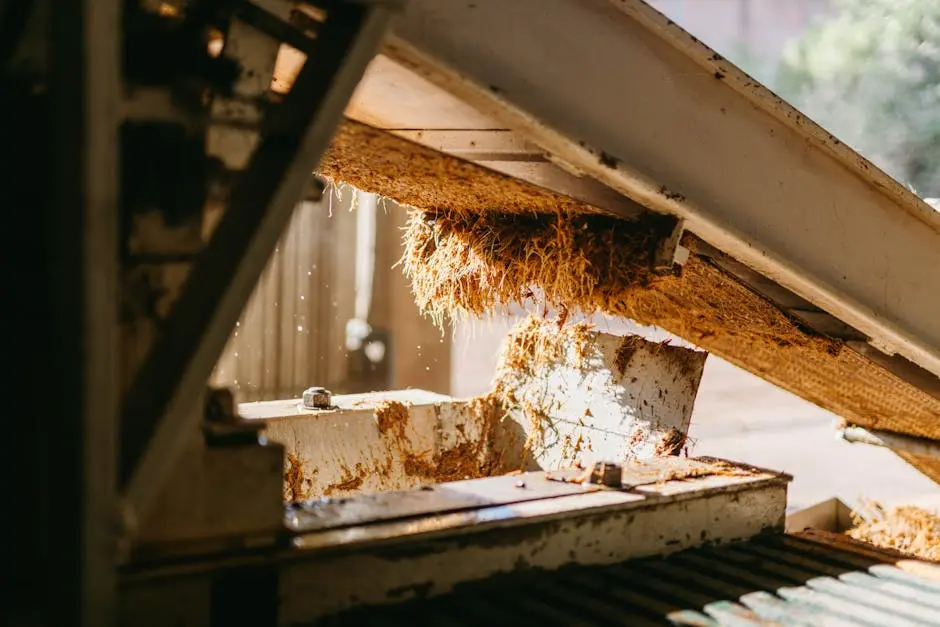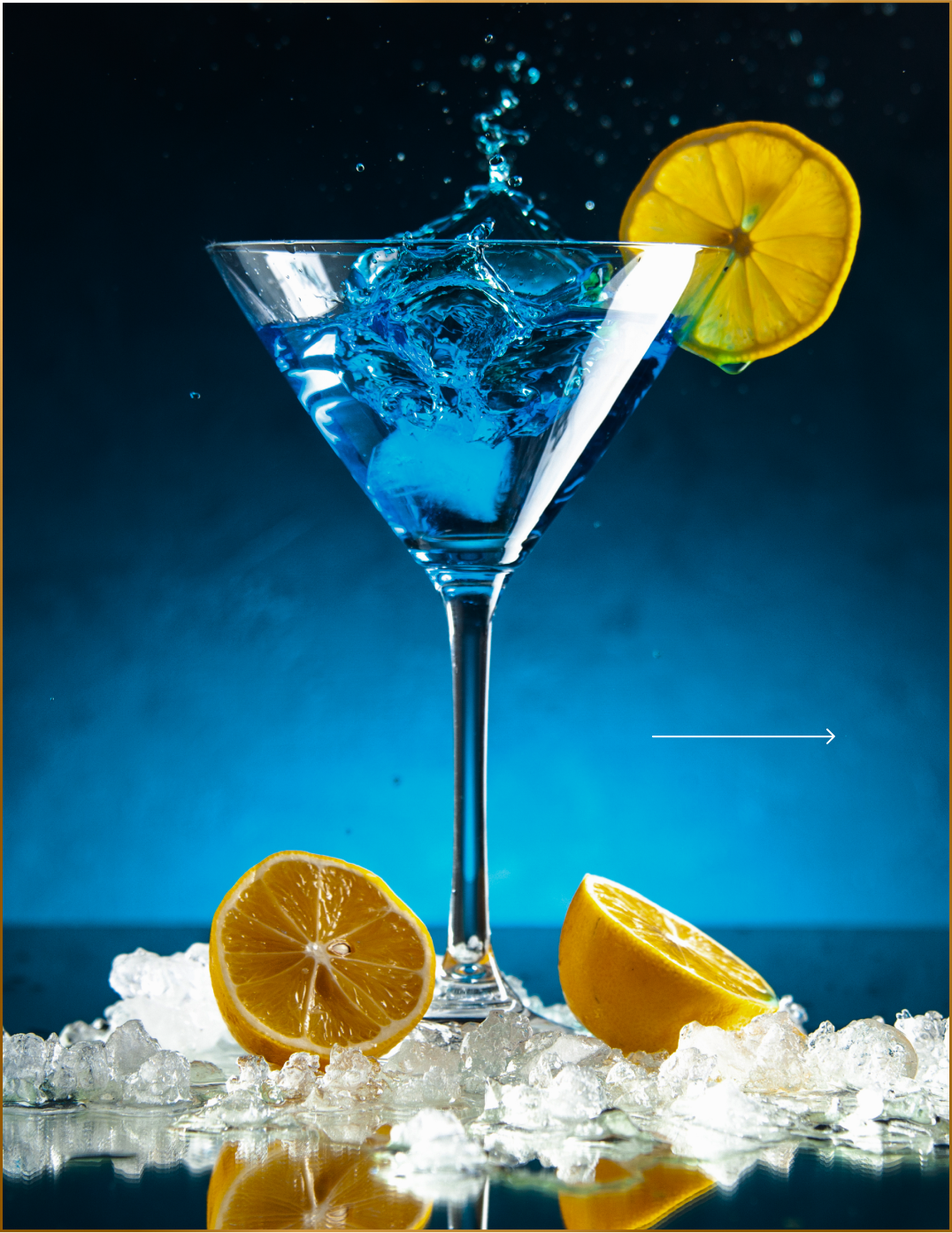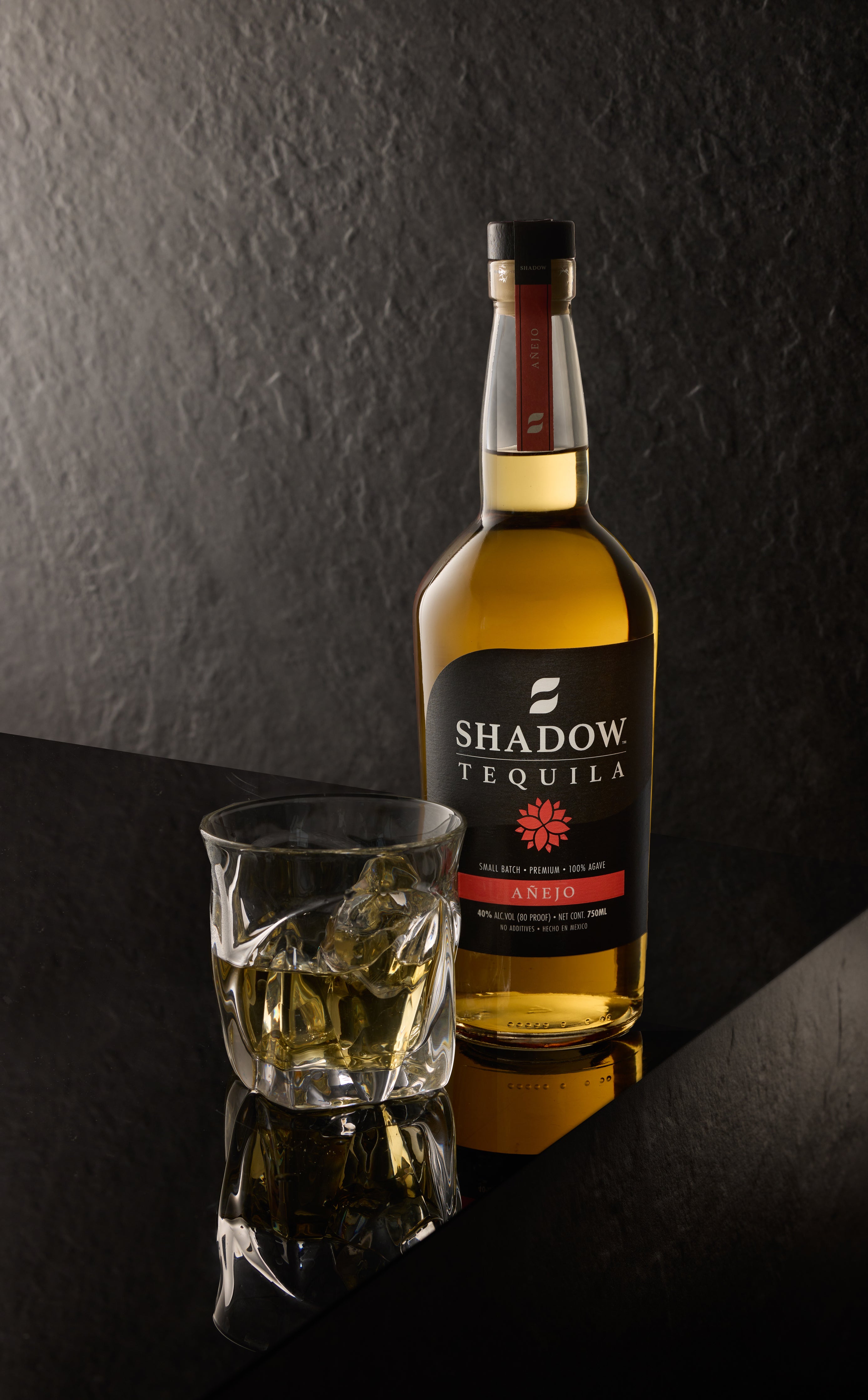Tequila, often celebrated as a national treasure of Mexico, has a rich cultural heritage that transcends mere drink. Understanding the artisanal methods and historical significance behind premium tequila offers insights into not just the beverage itself, but also the traditions and communities that produce it. In this blog, we will explore the intricate connection between premium tequila and its vibrant cultural roots.
The Origins of Tequila
The history of tequila dates back centuries, with roots steeped in the traditions of indigenous people of Mexico. The production of a fermented beverage from the agave plant is believed to have started around the 1500s, shortly after Spanish conquistadors arrived. What began as a local drink quickly evolved into a cultural icon, embodying a unique blend of ancient methods and colonial influences. Tequila was initially crafted using the native agave variety, known as maguey, which plays a crucial role in its distinct flavor profile.
As tequila gained popularity, its production spread beyond local communities, leading to the establishment of numerous distilleries. These artisan producers respected traditional crafting techniques, passing down knowledge from one generation to the next. This dedication to craftsmanship formed the backbone of what would eventually distinguish premium tequila from its mass-produced counterparts. Today, there are five designated regions in Mexico that are allowed to produce tequila, with Jalisco being the most renowned for its high-quality spirits. This geographical restriction ensures that each bottle embodies the essence of its origin.
The Agave Plant: Heart of Premium Tequila
Central to the production of tequila is the agave plant, specifically the Blue Weber agave. This succulent, native to Mexico, requires a precise balance of environmental conditions to thrive. Cultivation takes time, often between 7 to 10 years, which is why premium tequila commands a higher price. The piña, or heart of the agave, is harvested when it reaches its peak maturity, and its sugary sap is what transforms into the vibrant spirit we know and love today.
The harvesting process itself is an art form. Skilled jimadores, or agave farmers, use a specialized tool called a coa to expertly cut away the spiky leaves, leaving behind the piña. This labor-intensive method is meticulous, requiring both strength and precision. Once harvested, the piñas are cooked to convert the starches into fermentable sugars, highlighting the connection between the land and the spirit’s flavor profile. Each step, from planting to harvesting, is intertwined with the culture and traditions of the Mexican people, making premium tequila a true reflection of its environment.
Traditional vs. Modern Distillation Methods
The journey of agave into tequila takes a critical turn during the distillation process. Traditional distillation methods involve small-scale pot stills, often crafted from copper or clay, that maintain a direct connection to the history of tequila making. These artisanal distilleries emphasize quality over quantity, allowing for flavors to develop more naturally through careful distillation.
In contrast, modern methods often rely on large industrial stills designed for mass production. While this approach can yield tequila in larger quantities, it frequently sacrifices the nuanced flavors captured by traditional methods. However, some distilleries have found a balance by integrating modern technology while preserving small-batch practices. This blend of old and new is vital in creating premium tequila that reflects both innovation and heritage.
Ultimately, the choice between traditional and modern distillation methods underscores the ongoing dialogue within the tequila community about maintaining quality and authenticity. Craftsmanship, whether ancient or contemporary, remains at the heart of premium tequila production. Appreciating this duality not only enhances our understanding of the spirit but also deepens our appreciation for the artisans behind each bottle.
The Role of Terroir in Tequila Production
Just as with wine, the concept of terroir plays an essential role in the character of premium tequila. Terroir refers to the unique environmental conditions—including soil composition, climate, and geography—that influence the flavors and aromas of the spirit. In Mexico’s tequila-producing regions, the distinct volcanic soil provides the agave with necessary nutrients, significantly contributing to its flavor potential.
Different microclimates within the regions also affect the growth and maturation of the agave plant. For instance, agave grown in cooler temperatures often exhibits brighter, more delicate flavor profiles. In contrast, agave grown in warmer regions might develop richer and more robust characteristics. As distillers become increasingly aware of the significance of terroir, many are experimenting with agave sourced from different areas, resulting in unique batch tequilas that celebrate the diversity of Mexican landscapes.
The appreciation for terroir allows consumers to experience premium tequila as not just a drink, but as a representation of specific localities and flavors. Learning to identify these nuances can transform the tasting experience, making it an adventure for the senses. With each sip, we are reminded that tequila is a product of its environment, deeply entwined with the land it comes from.
Cultural Significance and Rituals Surrounding Tequila
Tequila holds a revered place in Mexican culture, often associated with celebrations and gatherings. The rituals surrounding its consumption are as rich as the spirit itself. For instance, the act of toasting with tequila is seen as a gesture of friendship and respect. It symbolizes a heartfelt connection among those partaking in the drink, reinforcing the importance of community, family, and tradition.
In many regions of Mexico, tequila is integrated into traditional festivities and ceremonies. From weddings to religious celebrations, the presence of tequila speaks to its cultural significance. Additionally, some indigenous groups perform rituals that include tequila as an offering, further solidifying its role in spiritual practices. Understanding these traditions enriches our appreciation of premium tequila, reminding us that each bottle carries a wealth of stories and meanings.
The growing interest in tequila around the world has also fostered a deeper curiosity about its cultural roots. As consumers seek more than just a drink, there’s an increasing demand for educational experiences. Distilleries are now offering tastings paired with insights into the history and significance of tequila, allowing enthusiasts to connect with the culture in a meaningful way.
The Future of Premium Tequila: Craftsmanship and Innovation
As the demand for premium tequila continues to rise globally, the industry is at a crossroads between traditional craftsmanship and modern innovation. Many distillers are committed to preserving age-old techniques while exploring new methods to improve sustainability and product quality. This marriage of tradition and innovation is already leading to exciting developments in the tequila landscape, including the cultivation of new agave varietals and enhanced distillation practices.
Sustainability has also become a focal point for both producers and consumers. Eco-friendly practices, such as using renewable energy sources and ensuring agave is farmed sustainably, are increasingly valued. With consumers becoming more conscious about the environmental impact of their choices, the tequila industry must adapt and evolve to meet these expectations while maintaining its heritage.
Looking ahead, the future of premium tequila seems bright. The blend of traditional values mixed with modern influences creates a dynamic space filled with potential. As producers continue to innovate while respecting their heritage, tequila lovers can look forward to new varieties that preserve the essence of the spirit while exploring its limitless possibilities. This fusion of old and new will ensure that tequila remains not just a drink of choice but a cherished part of cultural heritage for generations to come.
Embracing the Cultural Legacy of Tequila
Premium tequila is more than just a spirit; it is a testament to Mexico’s rich cultural narrative and the dedication of its artisans. As we sip on this iconic drink, we should appreciate the stories of the land and the people behind each bottle. Embracing these traditions enhances not only our enjoyment of tequila but also our understanding of the vibrant heritage it represents.







